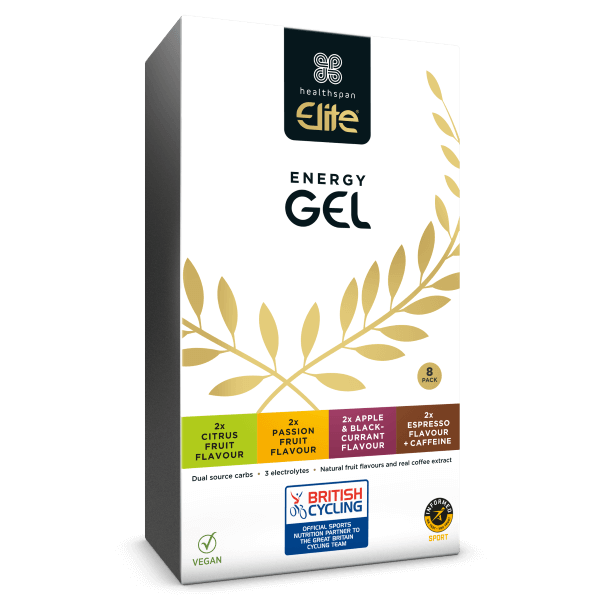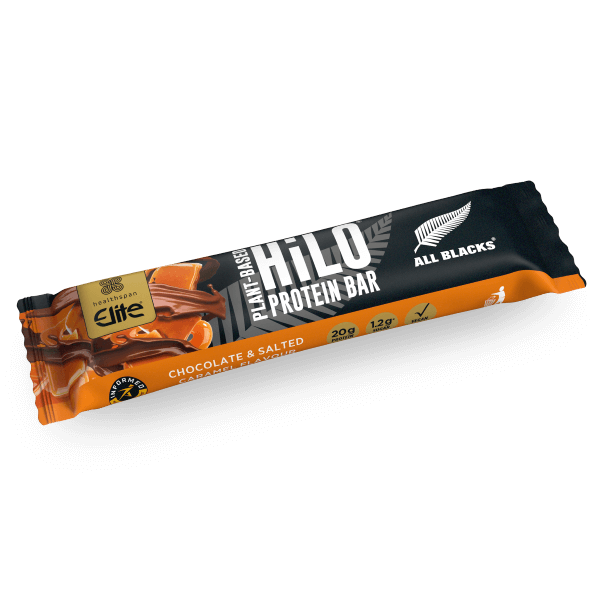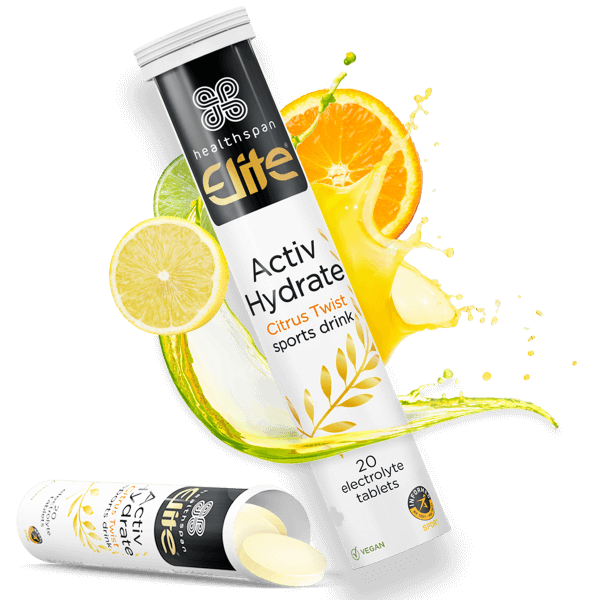Mountain biking is hard work and requires proper nutrition and hydration to avoid tiredness or injury. Sports nutritionist Rob Hobson outlines what you need for a day on the trails.
🕒 4 min read
What you take with you is not just about nutrition, but also the practicality of carrying food on your back across bumpy terrain. Professional mountain bikers may have a comprehensive nutrition and hydration strategy, but the basics of what you need to fuel and hydrate yourself are more universal.
Pack enough food, but not too much
During a day on the bike you'll burn more calories than usual, but this isn't a reason to overeat. Start the day with a nutritious breakfast rich in carbohydrates, then plan your food intake around healthy snacks and a break for lunch.
Whether your post-ride evening meal is at home or in the pub, try to make sure it's nutritionally balanced, with carbohydrates and protein alongside plenty of veggies.
Incorporate good sources of carbohydrates
Carbohydrates are your primary fuel source during the day, so make this nutrient a key component of your food pack. Start the day with a nutritious breakfast, such as porridge or scrambled egg on toast, and begin to hydrate for the day ahead.
Good snacks rich in carbohydrates and easy to digest while riding include nuts, dried fruit, nut butter packs, protein bars with a carbohydrate base, energy gels, jam sandwiches and bananas.

Energy Gel – Mixed Pack
Carb and electrolyte boost developed with British Cycling
- Delivers fast-acting energy
- 25g fast-acting carbs and 3 electrolytes
- Apple & Blackcurrant, Citrus Fruit, Espresso (with Caffeine) and Passion Fruit
When you stop for lunch, think about something nutritionally balanced. White pasta, couscous or rice salads are a good idea, and add a little protein such as chicken, tofu, or tuna.
White flour tortilla wraps or filled pita bread are another easy lunch to pack. Although wholegrain and wholemeal carbohydrate foods are always the best option, you may want to opt for white varieties as they are more quickly digested and contain less fibre, which could cause bloating in some people.
Beans and pulses are probably not the best idea as they may also cause bloating, making you uncomfortable on the bike.
Make every mouthful count with nutrient-dense foods
It's essential to eat carbohydrates for energy, but you will also need other nutrients like vitamins, minerals, and other plant compounds to keep your body healthy and functioning correctly. These nutrients help to support energy metabolism (conversion of food into energy), immunity and a healthy nervous system.
Good foods to include in your food pack are fresh fruits and vegetables such as sliced red peppers and carrots or cherry tomatoes, which are easy to carry and rich in vitamin C.
Avocado is an excellent ingredient to include in your wraps and sandwiches as it's high in potassium, magnesium and vitamins A, E and B6. Nuts, nut butter and seeds are other nutritious foods that can be added to wraps and carbohydrate-based salads. These foods contain healthy fats, including omega 3 as well as magnesium.
Include protein snacks to help with recovery
You should pack something rich in protein to help you recover after your bike ride. Chocolate milk is a good option as it contains protein and carbohydrates to help replenish glycogen stores (you can keep this cool in a flask.) Other high-protein snacks include beef jerky, protein bars, nuts, seeds, boiled eggs or canned tuna pots.

All Blacks Plant-Based HiLo Protein Bar
Delicious protein bars packed with 20g protein
- Chocolate and Salted Caramel, Black Forest Gateau and White Chocolate Raspberry flavours
- 6.7g fibre per bar, only 3.5g sugar
Keep hydrated
Staying hydrated is vital, especially if it's a hot day. Dehydration can lead to fatigue and reduced cognition, which is not what you need when riding down a mountain at speed. How much fluid you need depends on many factors, including how much you sweat and the temperature, but as a rule of thumb, most sports require 400-800ml per hour.
Consider an electrolyte supplement if you are out riding for a long time (more than 2 hours), particularly on a hot day. Electrolytes help the body retain fluid; the most crucial electrolyte is sodium. Supplements usually contain some glucose and sodium, as this helps to facilitate the absorption of sodium in the small intestine.
Electrolytes are also suitable for salty sweaters, who are easily identified by the white marks on their clothing after sweating.

Activ Hydrate
Delicious fruit-flavoured electrolyte drink to replenish minerals lost during exercise
- Replenishes the essential electrolytes sodium, calcium, magnesium and potassium
- Contains 300mg sodium
- Informed Sport-accredited
Choose foods that are practical to keep in your bag
When you prepare your food bag, consider the practicalities of what you are packing. Everything needs to be portable and withstand the demands of mountain biking. Pack your fresh foods well to avoid the top coming off your salad or squashed sandwiches and bananas.
Packaging should also be lightweight, individually packed, and snacks should be easy to open when cycling. If it's a cold day, consider something hot that you can easily store in an insulated flask.
Proper nutrition and hydration can make your day riding the trails much more enjoyable, as it reduces fatigue and the risk of injury. Planning and packaging your food correctly will also ensure it is appealing and palatable when it’s time to eat.










